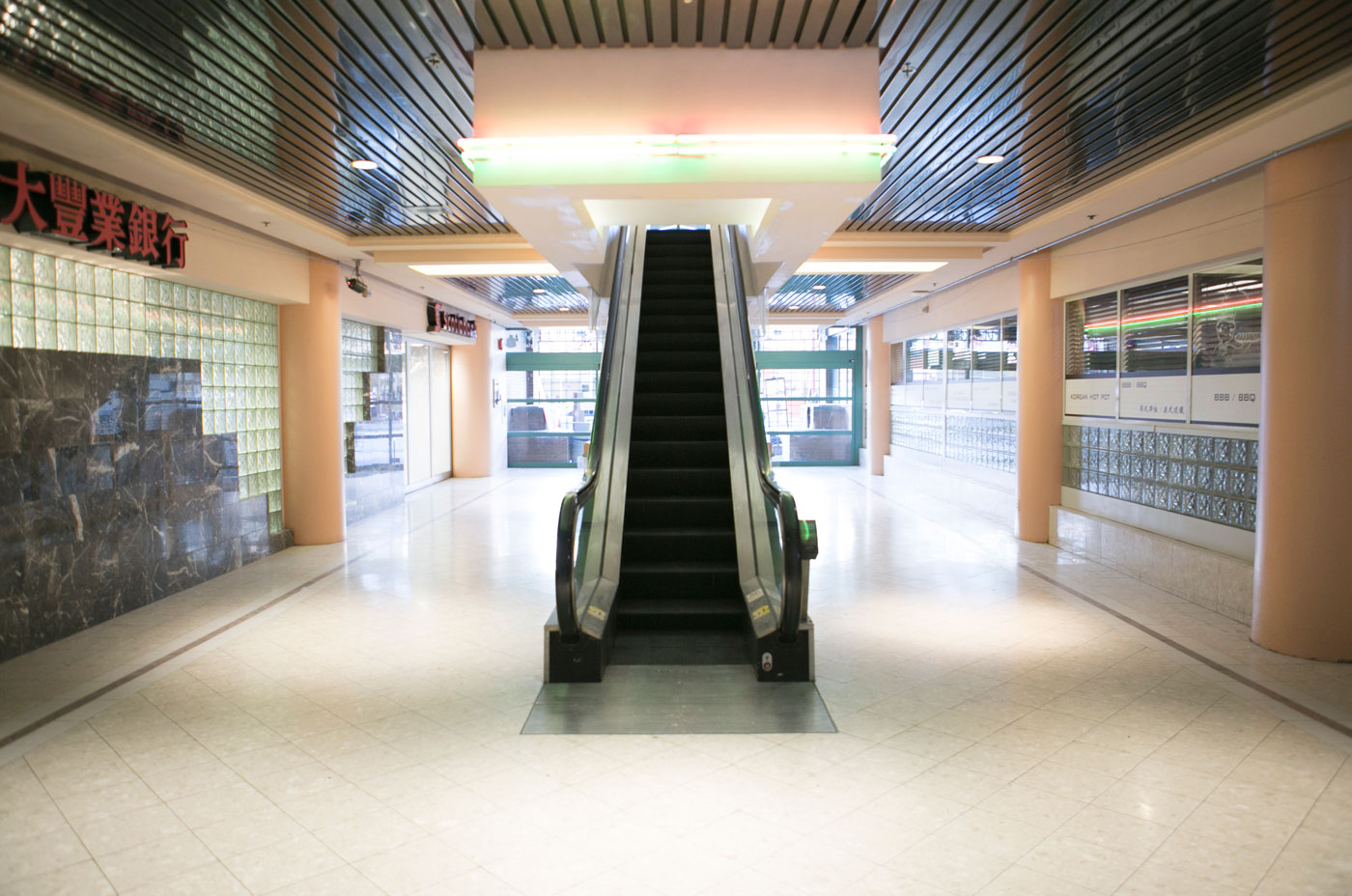To visit the new home of Centre A in Chinatown is to put oneself into the middle of things: namely, the second floor of the Sun Wah Centre, located a block away from the focal point of Chinatown’s struggle against gentrification and displacement, the controversial (and cancelled) 105 Keefer Street condo project. The move from its previous location at 229 East Georgia Street to the Sun Wah Centre happened in December, and I was fortunate to sit down with Curator of Public Programmes, Shizen Jambor, to discuss it.
Centre A was founded as a non-profit artist-run centre in 1999 by Hank Bull, Zheng Shengtian and Stephanie Holmquist in response to what they saw as a gap in the representation of Asian art and artists in the Vancouver art scene. As Jambor puts it, the founders had an interest in “carving out space for [Asian and Asian diasporic artists], especially given that how much of Vancouver’s population over the years has consisted of Asian people.” Centre A hosts art exhibitions and has a public reading space — it houses “one of the best collections of Asian art books in the country,” according to its website.
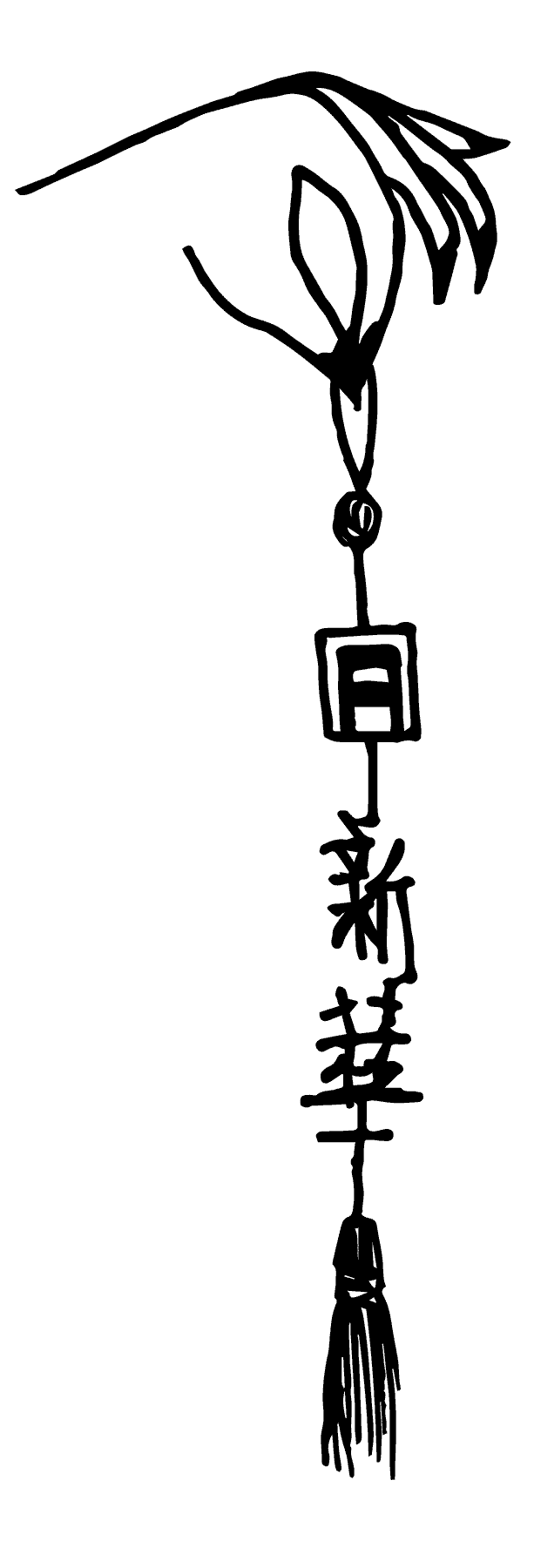
This is Centre A’s third major move in its 19-year history, but Sun Wah is by far its largest and most stable home, having secured a 10+10+10-year lease on 3,300 square feet of space. Plans for the new space include a media room, a more accessible reading room, and an expanded gallery space, capable of serving as one large or two smaller exhibition spaces.
Even in the midst of moving and ongoing renovations, Centre A has maintained an active events schedule. In March, Centre A presented a pair of film screenings and talks in partnership with The Cinematheque (Surname Viet Given Name Nam [1989] and Forgetting Vietnam [2015] by Vietnamese-born experimental documentarian Trinh T. Minh-ha), and hosted the closing party for Cinevolution Media Arts Society’s DocuAsia Forum, which included Christian Abi Abboud’s documentary, Ubuntu (2017).
However, the relocation to Sun Wah wasn’t always smooth. Centre A initially entered into negotiations to sublet a space in BC Artscape’s portion of the Sun Wah Centre. When these discussions proved inconclusive, the gallery entered into a direct lease with the owners of the Sun Wah Centre.
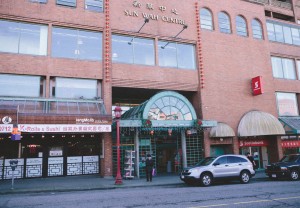
Artscape is a point of contention in art scenes across the country. Though technically separate organizations, BC Artscape is affiliated with the Toronto-based Artscape, a self-identified “not-for-profit urban development organization.” Both organizations operate in a similar way according to a July 2017 article by Andrei Mihailuk for The Mainlander: that being the conversion of “underused properties,” bought or leased with private and public capital, into spaces for “professional artists and registered not-for-profits,” to be rented out at below-market rates.
However, as Mihailuk’s piece attests, Artscape is an organization that is not without controversy in its hometown. Moreover, close involvement in large-scale redevelopment projects has become a core part of Artscape’s model of “creative placemaking.” Mihailuk gives as an example the role Artscape’s Daniels Spectrum cultural hub played in the Daniels Corporation’s redevelopment and gentrification of Regent Park in Toronto.
This is a concern that Jambor says Centre A recognizes, and seeks to address through its programming in Sun Wah Centre. “I think as an organization we’re definitely interested in trying to make an effort to not be instrumentalized in the way that, say, [urbanist and author of The Rise of the Creative Class] Richard Florida’s theories suggest that art spaces always are,” she says.
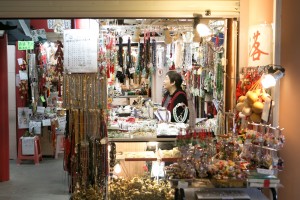
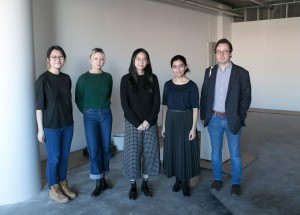
Jambor continues, “I think that being here, we definitely want to try to figure out ways to not make the other people in the building feel that we don’t care about them, or that we don’t care about what they want or their interests, that we’re not trying to push them away.”
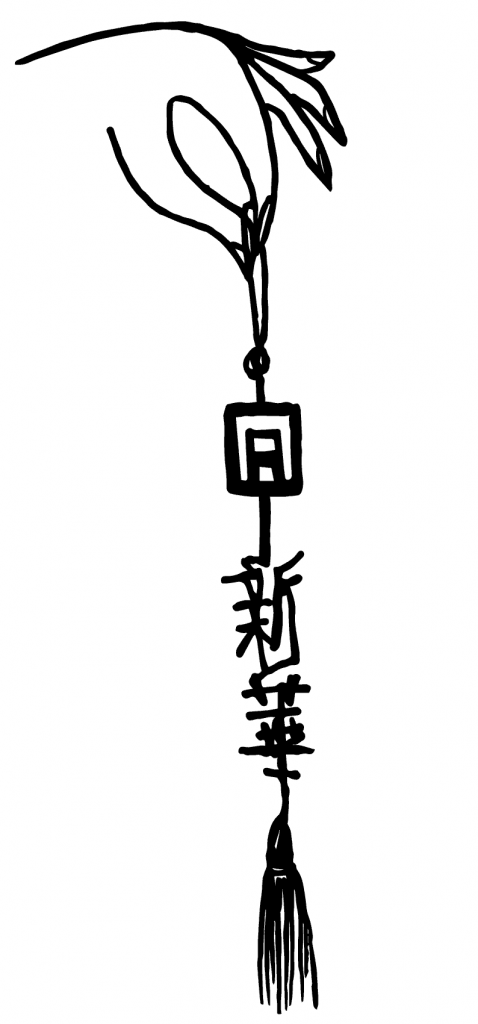
To wit, Centre A has always made a point of interacting with their neighbours, even if the experience is a little uncomfortable at first. “So far we’ve had a pretty good relationship with Alfred, who’s one of the people who runs the flea market. We go and buy supplies there sometimes, and we’ve developed a rapport. But definitely coming in here, initially, there was a sense that people were maybe wary of us,” she says.
Most of Centre A’s signage and materials are translated into Cantonese, and some of Centre A’s programming in the past few years has directly responded to the immediate Chinatown neighbourhood, including 2014’s M’goi/Do Jeh: Sites, Rites and Gratitude, which featured Cantonese language classes and neighbourhood tours.
This commitment to responding to the people surrounding them is something that Centre A has learned over time. Jambor explains, “In our old space, we had Cantonese text saying ‘All Are Welcome,’ and that was in response to one of the elderly neighbourhood locals saying that, as a space, our signage wasn’t very welcoming to Cantonese speakers because there was no way of knowing what was going on in [inside].”
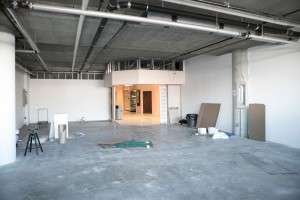
Above all, Centre A seeks to “not aggressively assert [itself] as a sterile, clean space,” explains Jambor. “I think that’s often a thing art spaces can end up doing, even if they try to position themselves as ‘oh no, we’re attentive to those things.’ At the end of the day, a sterile white box is still a sterile white box.”
Jambor trusts that Centre A won’t lose sight of its mandate and its responsiveness to its community as it grows as an organization. “A lot of our stuff is expansion and institutionalization, and making ourselves a stronger voice in the city, but I’m also interested in retaining attentiveness to things on a more local scale,” Jambor concludes.
x
Upcoming exhibitions at Centre A include an installation by Brooklyn-based sound artist C. Spencer Yeh in partnership with the Deep Blue collective late this spring, and the fifth annual recent graduates’ exhibition in June. Centre A will also take part in the Pacific Association of Artist Run Centre’s SWARM19 in September, and will have a table at the 2018 Vancouver Art/Book Fair in October. For all upcoming programming and updates, visit centrea.org and follow them on social media.


